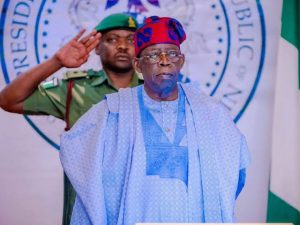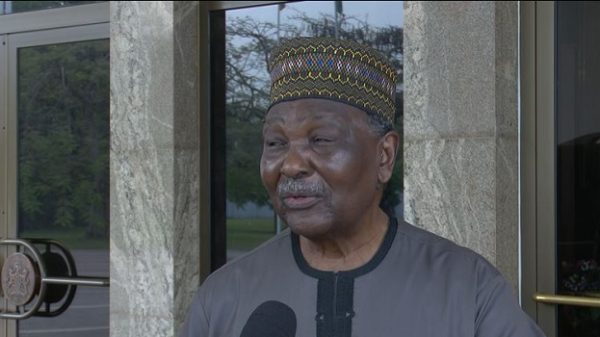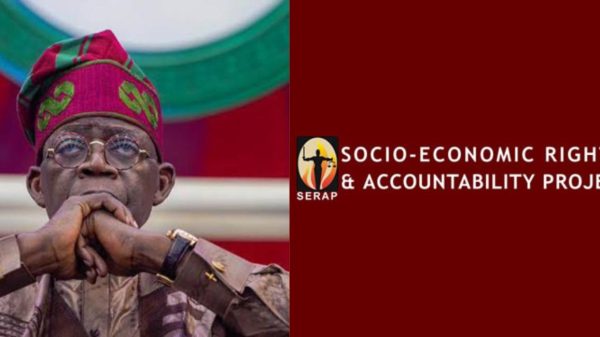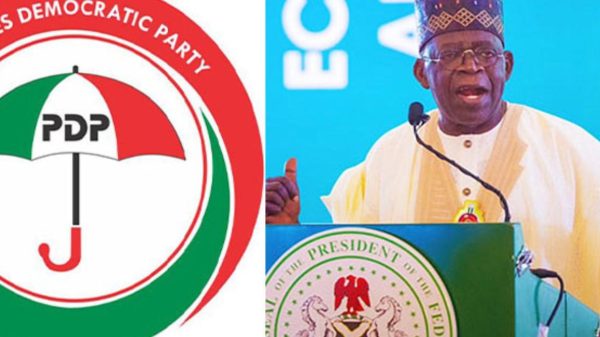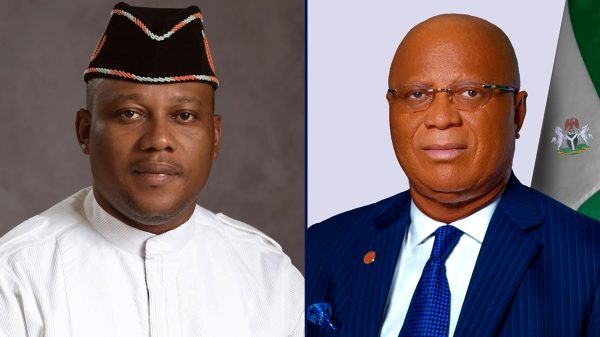The Federal Government of Nigeria has proposed a new minimum wage of N62,000, but the governors of the 36 states have rejected the offer. This development comes after a series of meetings on June 7, where the governors insisted that the proposed minimum wage is not sustainable.
The organized labour unions have been demanding a minimum wage of N250,000, which is significantly higher than the government’s offer. The Nigeria Governors’ Forum (NGF) has stated that paying the proposed minimum wage would leave no funds for development purposes and might even require some states to borrow money to pay workers’ salaries.
The NGF has cautioned that any agreement on the minimum wage should be sustainable and realistic. “The NGF holds that the N60,000 minimum wage proposal is not sustainable and cannot fly. It will simply mean that many states will spend all their Federal Account Allocation Committee (FAAC) allocations on just paying salaries, with nothing left for development purposes,” said Hajiya Halima Ahmed, Acting Director on Media and Public Affairs for the NGF.
The labour unions and the government are yet to reach an agreement on the matter. The Federal Government’s proposal and the governors’ rejection have raised concerns about the welfare of workers in the country. The minimum wage has been a contentious issue in Nigeria, with workers demanding a living wage that reflects the country’s economic reality.
The rejection of the proposed minimum wage by the governors has sparked concerns about the ability of states to pay workers’ salaries. Some states are already struggling to pay salaries, and the proposed minimum wage would add to their financial burden. The labour unions have threatened to embark on a strike if their demands are not met, which could further exacerbate the situation.
